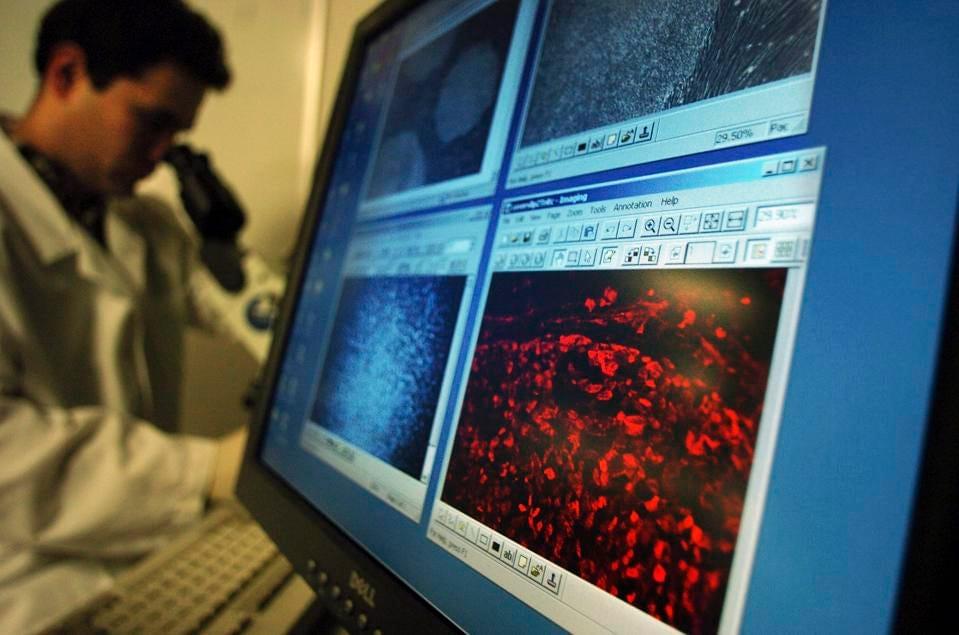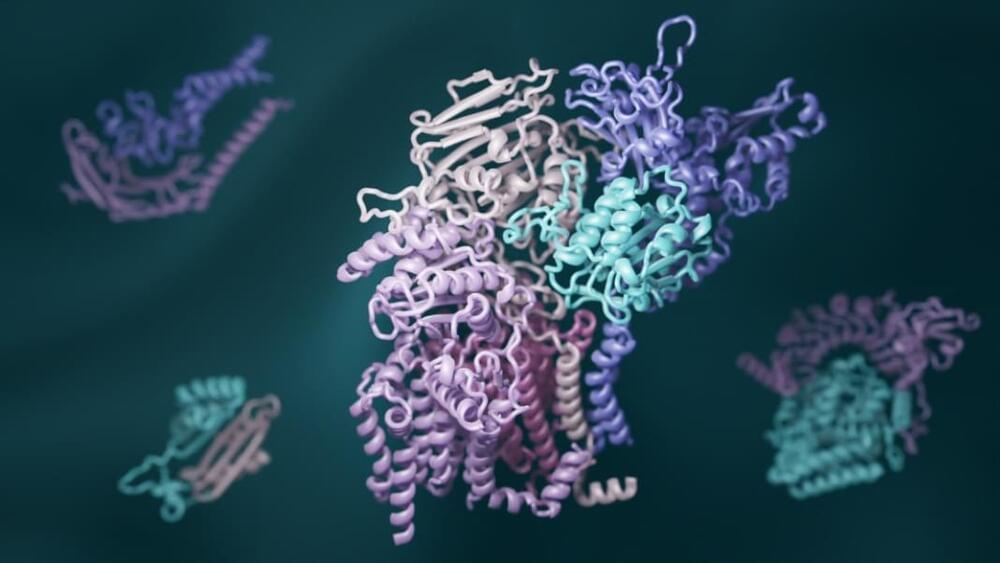I have a small YouTube channel which I create videos on clean energy and the environment. I have under 600 subs and many videos have not even hit 100 views but I am being increasingly targeted by fossil fuel activists and supporters, with personal attacks and misinformation.
I do respond to misinformation, and remove the worst comments but if anyone would like to help support me, nipping over to my channel, watching some videos and subscribing to the channel would be most appreciated.
We can show them that they are the minority, not us, and the wider the information spreads the quicker the change will be and the better life will be for everyone.
Thanks in advance and have an awesome day.
It is very likely that treatments to address the issues that cause aging & its related conditions & diseases will be within our reach in 15 to 20 years.
It is highly likely that a general realisation that these treatments are not only scientifically possible but within our reach will start to become increasingly apparent to the wider population in as little as maybe 5 years.
On this channel I will seek to hasten this realisation, & provide answers to the most common questions & concerns. I will also seek to distil the current scientific knowledge base into an easy to use action plan for those wishing to take measures to make sure they see this in good health.
To raise awareness of how close longevity treatments are.




